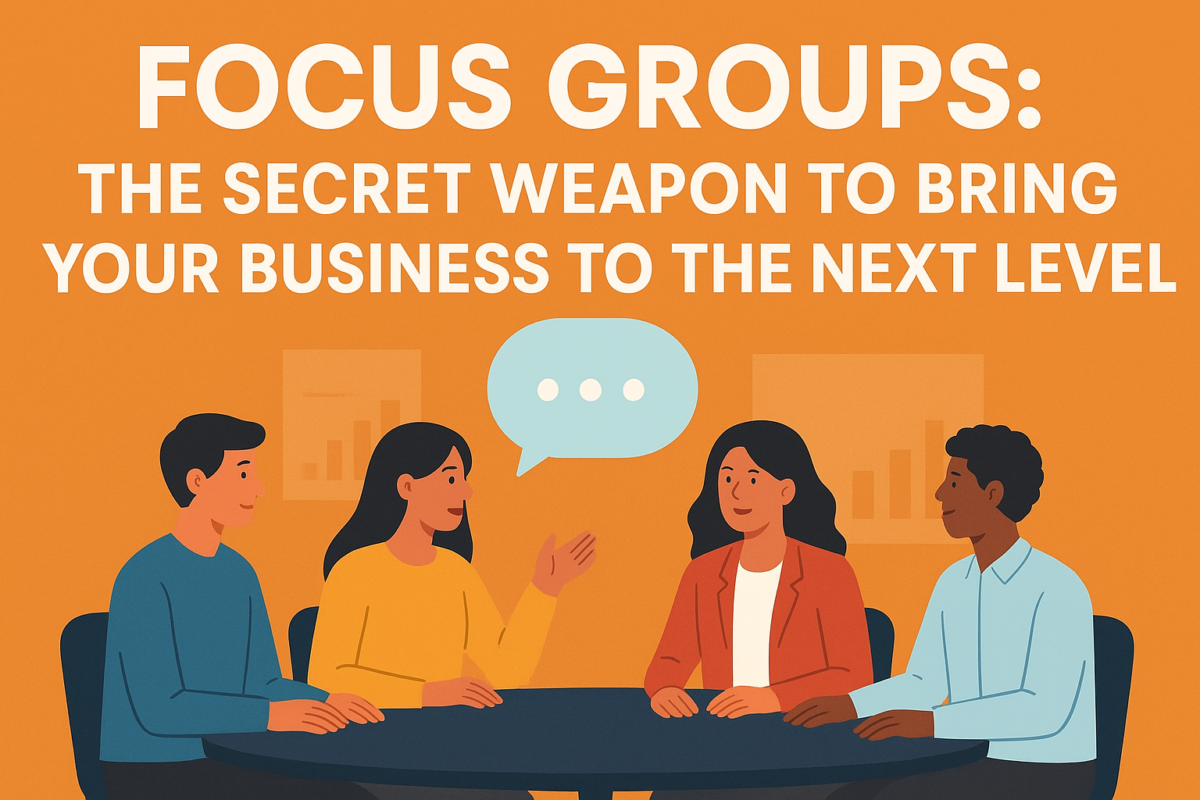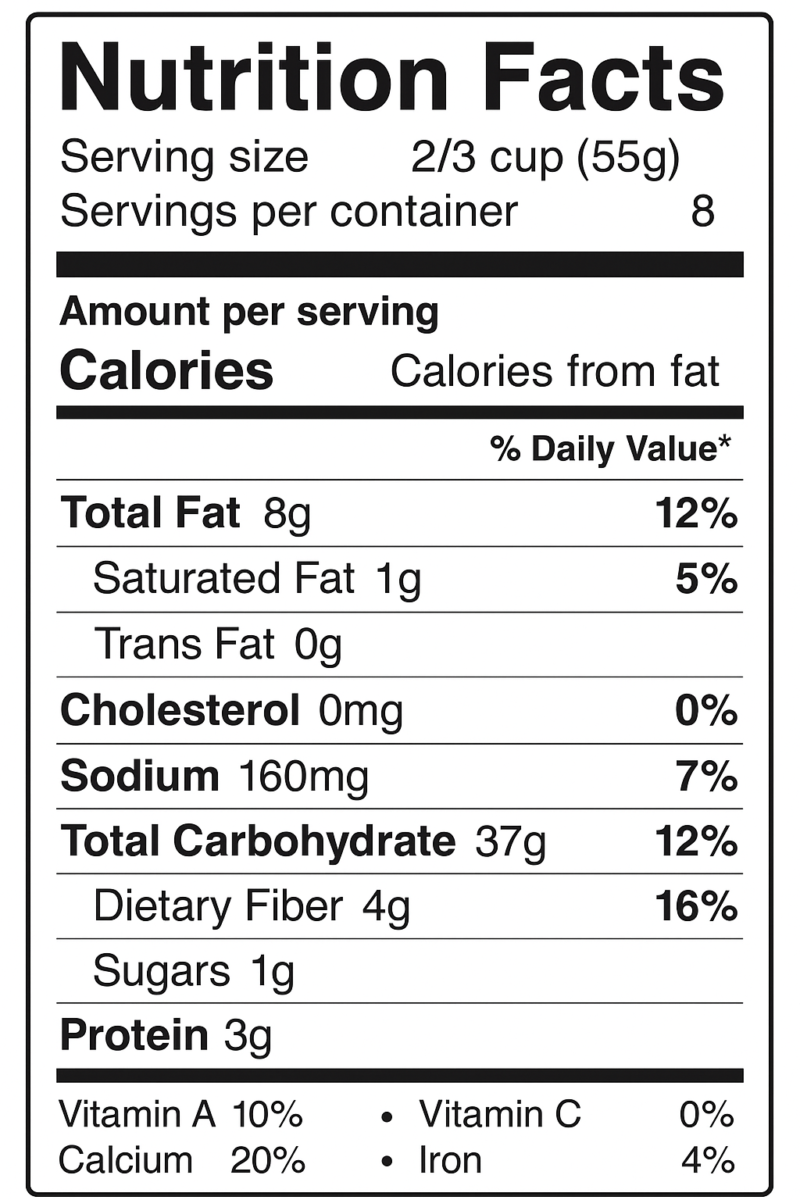Every business leader faces the same fundamental challenge: making critical decisions without a crystal-clear understanding of the customer. In the fast-paced, data-driven world of modern commerce, it is easy to become reliant on quantitative metrics—sales figures, website clicks, and survey scores—which tell you what is happening, but rarely why. To truly innovate, optimize, and secure a competitive edge, you must move beyond the numbers and tap into the rich, nuanced world of human motivation. This is where the focus group emerges as a strategic asset, transforming from a simple market research technique into a powerful catalyst for business elevation.
What Exactly is a Focus Group?
A focus group is a form of qualitative research designed to gather in-depth insights into people’s thoughts, feelings, and perceptions on a specific topic. Typically, it involves a small, carefully selected group of individuals—usually between six and ten people—who share a common characteristic, such as being a current customer, a potential user, or a member of a target demographic.The core mechanism of a focus group is a semi-structured, dynamic discussion led by a trained, neutral moderator. Unlike a one-on-one interview, the group setting encourages participants to interact with each other, build upon shared ideas, and even challenge one another’s perspectives. This dynamic interaction is precisely what generates the “rich, detailed data” that quantitative methods often overlook. The goal is not to achieve consensus, but to explore the full range of attitudes and emotional responses, providing the context and the “why” behind consumer behavior.
How Focus Groups Elevate Your Business
Focus groups offer a distinctive edge by providing actionable qualitative data that can guide high-stakes business decisions. They move your strategy from an educated guess to an informed certainty by impacting several critical areas.
First, they provide Deep Insights by helping you uncover the “Why” behind consumer actions. Focus groups capture spontaneous reactions, body language, and group dynamics, revealing the emotional and psychological drivers behind customer behavior that surveys simply cannot. This level of detail is invaluable.
Second, they are a powerful tool for Product Development, allowing you to validate and refine concepts. Businesses can test new products, prototypes, features, or pricing models before a costly launch. By identifying pain points and gauging market acceptance early, focus groups significantly reduce risk and save substantial resources.
Third, focus groups strengthen Marketing and Branding efforts. They allow you to test the effectiveness of advertising campaigns, brand messaging, and communication strategies, ensuring the language and emotional triggers resonate authentically with the target audience. This leads to more impactful and targeted campaigns.Finally, they enable a truly Customer-Centric Strategy, which reduces risk and increases loyalty. By grounding all decisions in genuine customer feedback, businesses can build customer-centered plans that lead to higher satisfaction, reduced churn, and long-term loyalty. The most significant power of a focus group lies in its ability to reduce risk by allowing you to fail small, learn fast, and succeed big.
Keys to Running a Successful Focus Group
The success of a focus group hinges on meticulous planning and execution. It is not enough to simply gather a group of people; the process must be structured to elicit honest, unbiased, and valuable feedback.A critical first step is Precise Recruitment. You must ensure that participants accurately represent the target market. The homogeneity of the group’s shared characteristic is what makes the discussion relevant. Following this, Skilled Moderation is essential. The moderator is the linchpin of the session, guiding the discussion without leading it, managing dominant personalities, and encouraging quieter participants. Their neutrality is essential to prevent the introduction of bias.
The moderator must employ Open-Ended Questioning designed to provoke detailed, narrative responses rather than simple “yes” or “no” answers. For example, instead of asking if they like new packaging, a moderator should ask participants to describe their first impression and what emotions it evokes. The final stage is Rigorous Analysis, which involves moving beyond the raw transcripts. Analysts must look for patterns, strong emotional responses, and points of consensus or divergence. It is vital to avoid the trap of cherry-picking comments that merely support a predetermined conclusion; the true value lies in identifying the unexpected insights.
Focus groups are far more than a historical footnote in the world of market research; they are a vital, contemporary tool for any business committed to strategic growth. They provide the qualitative depth necessary to understand the human element of your market, allowing you to validate concepts, refine your brand, and build truly customer-centric strategies. Stop guessing what your customers want, and start listening to the voices that hold the key to your next level of success. By integrating focus groups into your decision-making process, you empower your business to move forward with confidence, armed with the deepest understanding of the people you serve.


